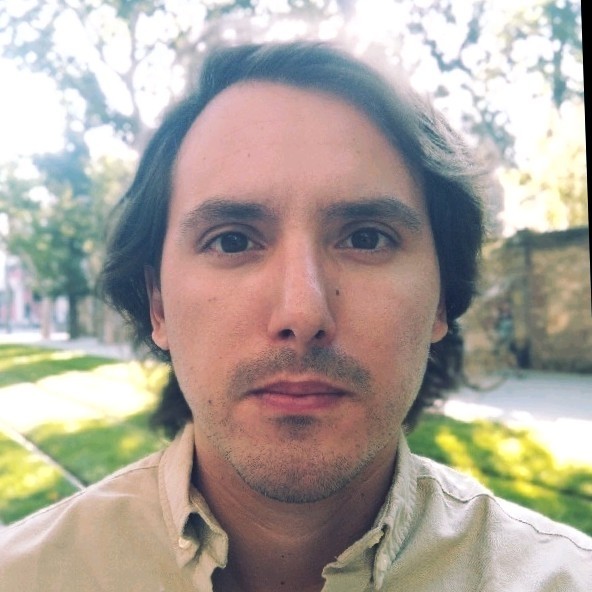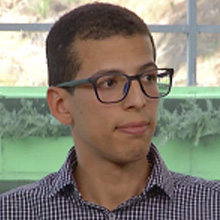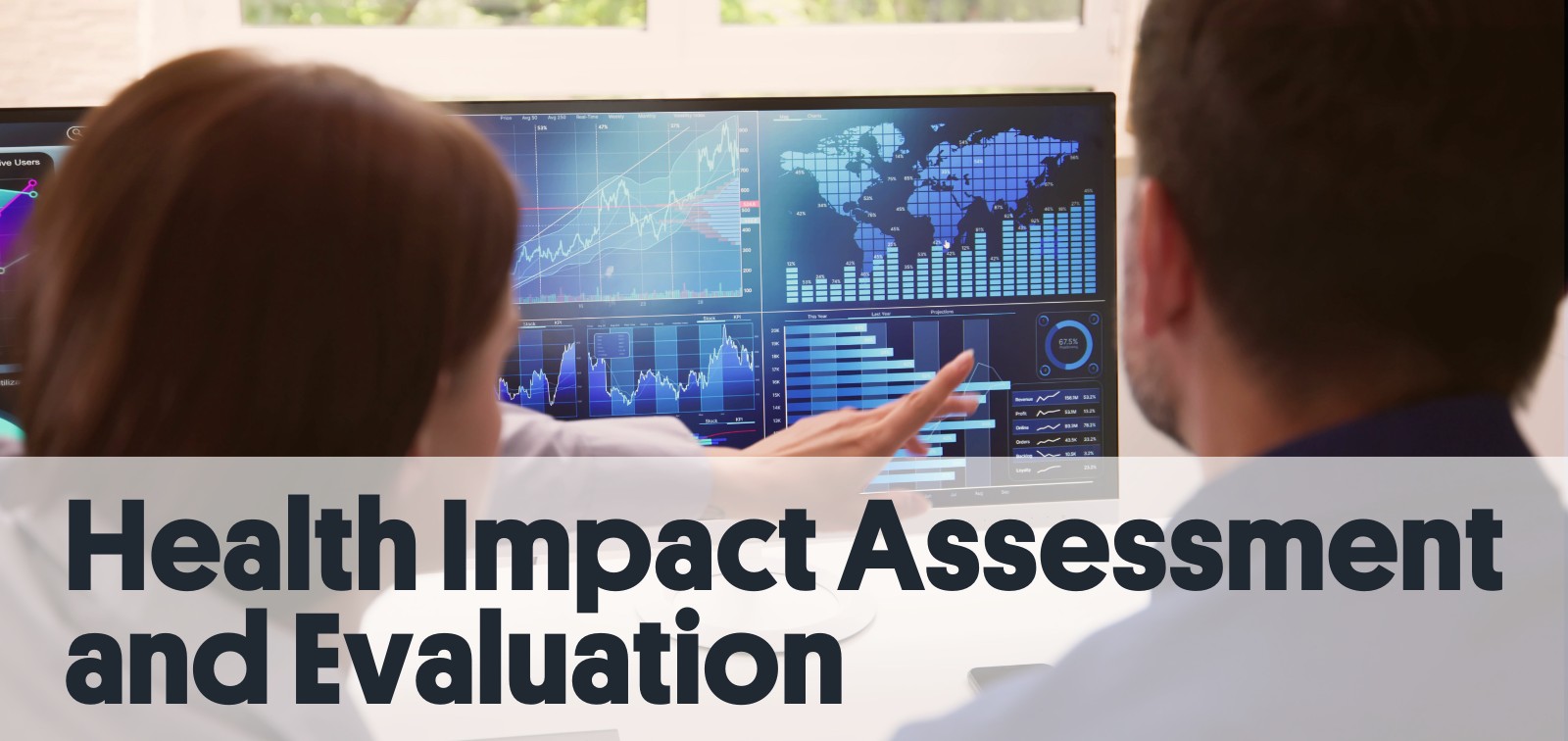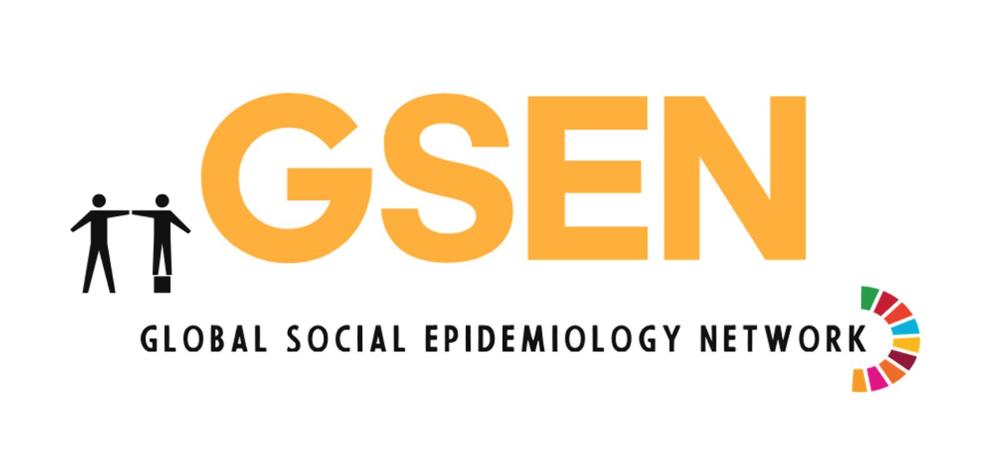Health Impact Assessment and Evaluation (HIAE) is a systematic process that uses several data sources and analytic methods to determine the effects of a policy, program, or project on the health of a population. Despite recent improvements in data availability and in methods for quasi-experimental and mathematical modelling, quantitative HIAE is still underused for evidence-based policy-making.
The overarching aim of the HIAE group at ISGlobal is to develop quantitative HIAE as a cross-disciplinary activity, working with the three internationally recognized areas of the institute: 1) malaria and other infectious diseases, 2) maternal and child health, and 3) urban health, climate and non-communicable diseases.
The HIAE group is part of the ISGlobal Severo Ochoa (SO) programme which supports interdisciplinary science to improve the understanding of complex health problems. The group is set to work in an integrated way with other programmes to evaluate and model more effective interventions for the Sustainable Development Goals (SDGs) agenda. It also aims to maximize its research impact through advocacy activities and dynamic dialogue with policy makers and programme managers.
The group is currently leading studies on the effectiveness of conditional cash transfers (CCTs) and primary health care (PHC) on a wide range of poverty-related diseases and conditions in Brazil, including child and maternal health, Tuberculosis, and HIV/AIDS, integrating retrospective impact evaluations of large longitudinal datasets with microsimulation modelling and forecasting. It is also developing comparative and comprehensive evaluations of the health impact of CCT and PHC in Mexico, Ecuador, Brazil and Colombia. Moreover, the group is developing global studies, using worldwide datasets, on the effects of social determinants of health and welfare-state policies on poverty-related diseases.
Furthermore, the group is contributing to modelling of environmental exposure health impacts and urban health related scenarios. Using large European city datasets, the health impacts related to incompliance of health guidelines for air pollution, noise, green space and temperature are spatially being modelled, as well scenarios of urban and transport planning practices, such as superblocks, green space or transport and mobility interventions. More recently the group started looking into health associations and impacts related to indoor environmental quality.
Highlighted Projects
- PILLAR: Two decades of primary health care expansion in Latin America: a multi-country evaluation and forecasting study for health-related SDGs.
- DSAIDS: The Impact of social determinants, conditional cash transfers and primary health care on HIV/AIDS: an integrated retrospective and forecasting approach based on a cohort of 100 million Brazilians.
- TB Brazil: The Impact of primary health care on Tuberculosis incidence, cure rate and mortality: an integrated retrospective and forecasting study.
- HealthProtect: Implementing interventions to reduce health inequalities and mitigate the impact of economic crises in Latin America
- InequalRed: Implementing a platform for fiscal interventions to reduce health inequalities and mitigate the impact of economic downturns in Spain
- The impact of social drivers, conditional cash transfers and their mechanisms on the mental health of the young; an integrated retrospective and forecasting approach using the 100 million Brazilian Cohort.
- CADSISVAN: Evaluation and projections of the impact of monitoring health conditionalities on the nutritional status of children in the Brazilian Conditional Cash Transfer Program.
- ECHILIBRIST: Development and validation of a quantitative point-of-care test for the measurement of severity biomarkers to improve risk stratification of fever syndromes and enhance child survival
- Barcelona Superblocks and Eixos Verds (Green Axis) interventions as ways to make the city (or cities) more climate change resilient, sustainable, greener, more physically active and healthier.
- Large scale modelling of environmental exposure health impacts for European cities.
- Studying the associations and health impacts of indoor environmental quality and human health and well-being.
Our Team
Head of the Group
-
 Davide Rasella ICREA Research Professor and Head of the Health Impact Assessment and Evaluation Group
Davide Rasella ICREA Research Professor and Head of the Health Impact Assessment and Evaluation Group
ISGlobal Team
-
 Gonzalo Barreix Predoctoral Fellow
Gonzalo Barreix Predoctoral Fellow -
 Nicolai Brachowicz Research Economist
Nicolai Brachowicz Research Economist -
 Natanael De Jesus Silva Predoctoral Fellow
Natanael De Jesus Silva Predoctoral Fellow -
 Elisa Landin Predoctoral fellow
Elisa Landin Predoctoral fellow -
 Natalie Mueller Assistant Research Professor
Natalie Mueller Assistant Research Professor -
 Megan Naidoo Predoctoral Fellow
Megan Naidoo Predoctoral Fellow -
 Shannon O'Brien Investigadora asociada
Shannon O'Brien Investigadora asociada -
Ana Torrens Predoctoral Researcher
-
 Julio Hernando Postdoctoral Fellow
Julio Hernando Postdoctoral Fellow
Projects
GSE NETWORK
The Global Social Epidemiology Network: Bringing Social Determinants at the Core of New Health Research






